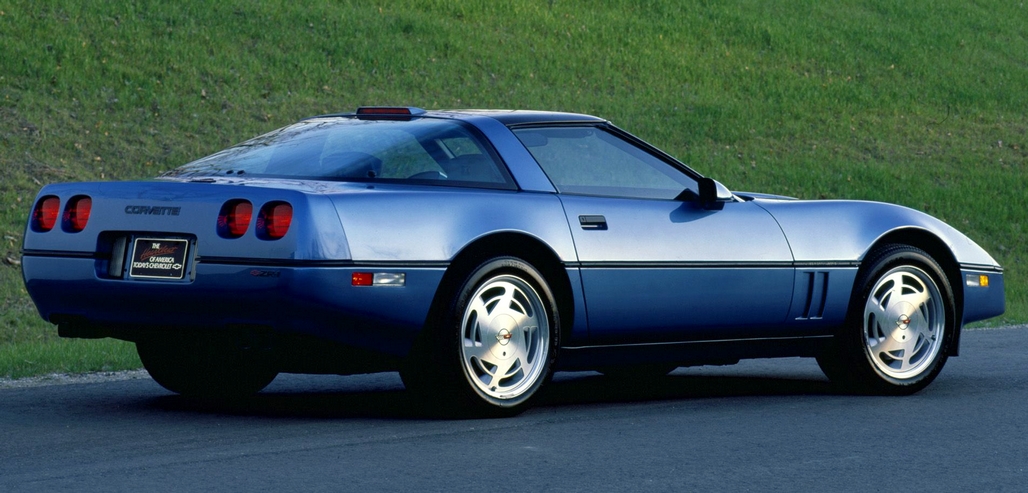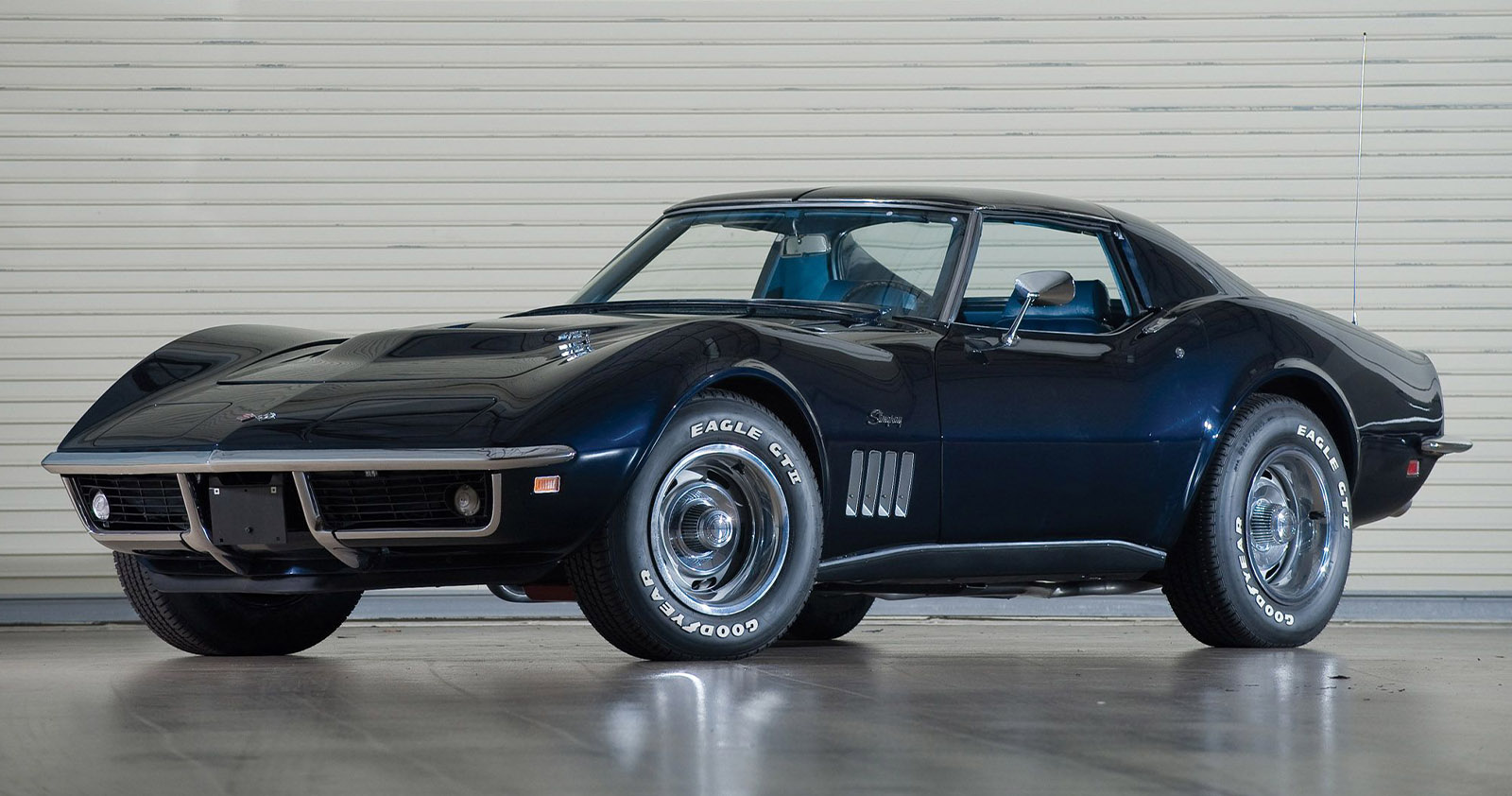Upon stepping into the role of Corvette Chief Engineer in 1975, Dave McLellan was forced to shoulder an enormous load. The mid-1970s were a time in which forced compliance with federal emissions mandates had effectively left the Corvette deprived of any significant performance merit. Additionally, McLellan was left to fill the shoes of Corvette luminary and engineer extraordinaire Zora Arkus-Duntov, which was nothing short of a daunting task in itself.
However, McLellan proved more than capable in his new role, and would lead the Corvette through a transitionary period, which would ultimately restore the iconic American sports car’s performance image. McLellan would also prove instrumental in the Corvette’s return to competitive racing at its highest level.
No Subscription? You’re missing out
Get immediate ad-free access to all our premium content.
Get Started



